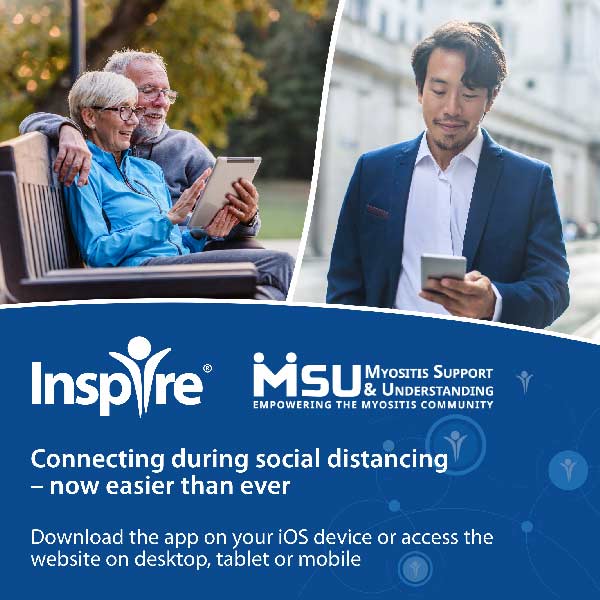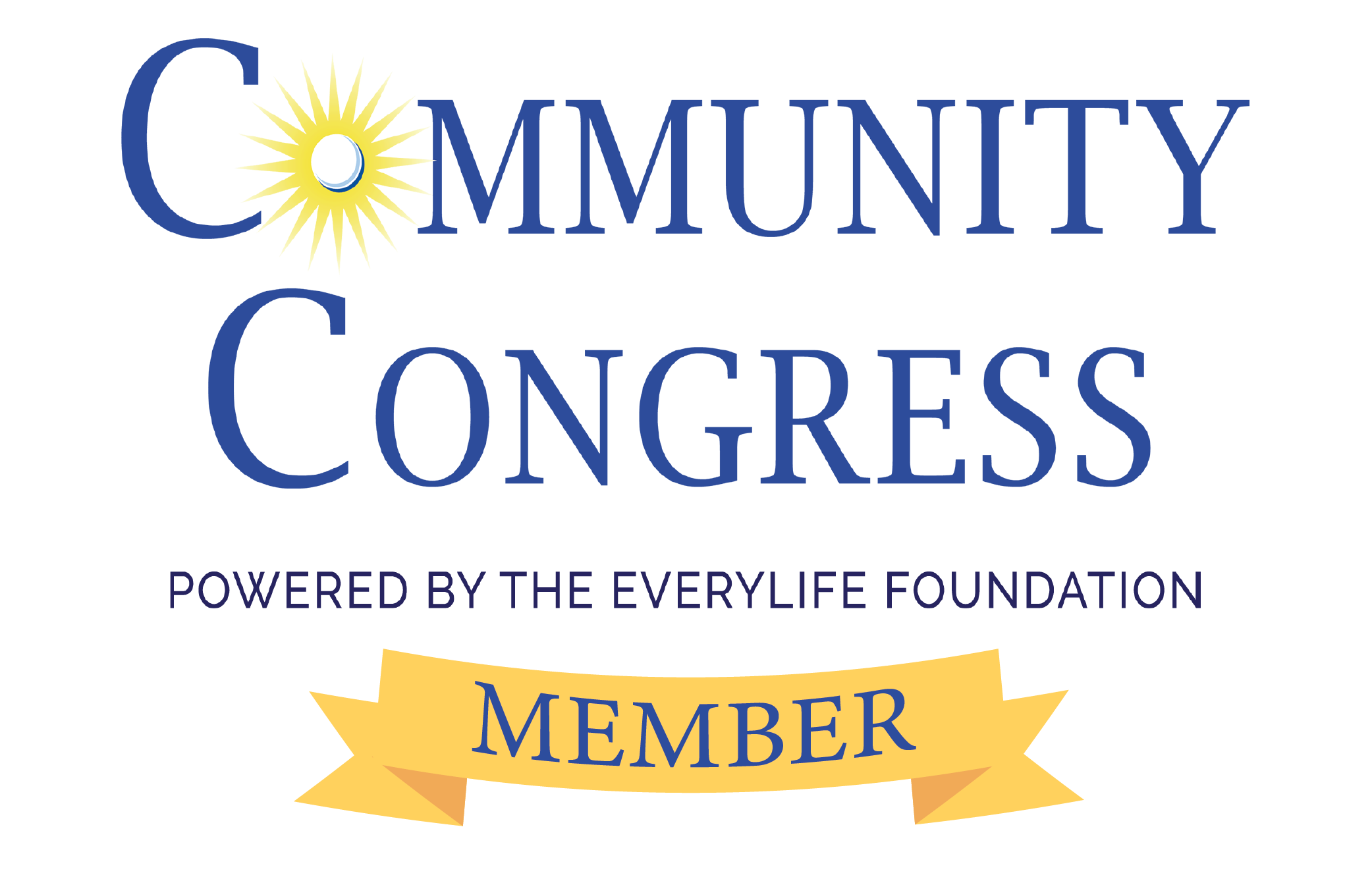Lung Transplant, Fundraising Tips
Part Three of a series submitted by Anne Tiller
What a difference a few weeks can make! Mike is feeling much better. Still tires easily and still needs the oxygen to move, but his demeanor, not to mention his color, has changed drastically. His recent sore throat is finally gone and his mobility is improved.
Last week he even drove us for a short shopping trip and even stopped for a sandwich. Not much to some but considering he could barely move the week before, it is great progress.
We did find out from our coordinator that we had missed one test. It was one that we had thought was not required. So that’s done and sent in. It is a good idea to check with the coordinator before you leave to make sure which tests apply to you. I guess they meet again tomorrow and we soon hope to get a number on the transplant list.
Ah, the number. It tells you where you are on the list. I will not be giving Mike’s number here as the transplant teams asked us specifically not to. The reasoning is that there are so many factors that go into placing someone on the list that it is impossible to take the time to explain where someone lands.
We could be near the top, or near the bottom. We could be placed closer to the top than someone who has been on the list for longer than we have. The severity of the illness, the potential for complete lung failure, the health of the person, the strength of the heart, etc. all contribute to the determination. Discussing the number will not help. It will not change where you are.
So, for now, we are concentrating our efforts on getting Mike’s muscles stronger, helping him control and improve his breathing, and preparing financially for the road to come.
It can be difficult to concentrate on money when you are so busy caring for someone. It is imperative that you at least begin the steps to making sure things are covered. We discovered this week that the Hepatitis B shot, required by the transplant team, might not be covered by our insurance. That was an unexpected bill of almost $200.00. These things WILL come up. Call your provider and have a long discussion with them to try to prevent any further surprises. The financial coordinator on your transplant team should be able to help.
It will soon be time for us to begin fundraising. I will not be able to work during transplant and recovery as I am the primary caregiver. I currently have a part time job with no benefits or FMLA leave. We will need something to fill in the gaps. Money is the last thing I want to be worrying about when transplant time comes.
There are various ways to fundraise. Our social worker helped us by providing pamphlets from various organizations that specialize in not-for-profit fundraising. If you have Internet savvy you can also use websites such as GoFundMe, Giveforward or Crowdrise, which make the process quite easy.
Find out what kind of medications, therapies, rehabilitation, or transportation that might be necessary post-op to verify what needs to be covered. You may need to fundraise quite simply to afford your day-to-day living expenses. Often healthcare plans will pay for living expenses if you have to travel for the transplant. Your team will let you know about your options there as well.
Tags: caregivers organ transplant









